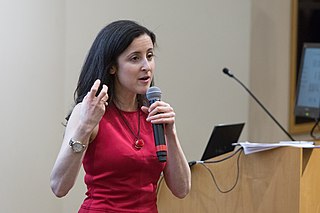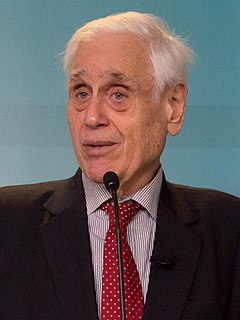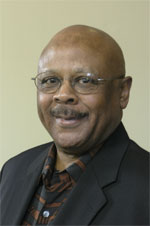A Quote by Sheri Fink
Also, and this may sound naïve, but since my early days in journalism, I've felt that getting as close as possible to truth, revealing the reality of a situation in detail, has its own persuasive power. This allows readers to look at the facts and the perspectives presented and draw informed conclusions.
Related Quotes
I think everybody's talking about like facts and truth and you know like that 'We're here to fact check' and all of that, that's the base material of journalism. You cannot have journalism without facts and truth. But if facts and truth were what actually you know sort of moved people's lives and moved their decision-making like the election would have had a different outcome.
Inform yourself about animal issues, and listen to different perspectives on how to help animals. Don't latch onto the first opinion that you hear about what is the most urgent issue, or the best way to help animals. Read everything you can on the issues, and be critical when presented with facts. Take an honest look at what your talents, strengths, and passions are, and determine how they can be used to the greatest effect. Once you've informed yourself, do your own thinking. The best way for you to make a difference might not be obvious, and might be something that no one has thought of yet.
The problem of journalism is simple. Journalists are rarely in a position to establish the truth of an issue themselves, since they didn't' witness it personally. They are entirely dependent on self-interested sources to supply their facts. Every part of the news-making process is defined by this relationship; everything is colored by this reality.
I want to set up a new standard: ‘scientific journalism.’ If you publish a paper on DNA, you are required, by all the good biological journals, to submit the data that has informed your research—the idea being that people will replicate it, check it, verify it. So this is something that needs to be done for journalism as well. There is an immediate power imbalance, in that readers are unable to verify what they are being told, and that leads to abuse.
If we wish to draw philosophical conclusions about our own existence, our significance, and the significance of the universe itself, our conclusions should be based on empirical knowledge. A truly open mind means forcing our imaginations to conform to the evidence of reality, and not vice versa, whether or not we like the implications.
Comedians, such as yourself, Jon Stewart and others, are a valuable supplement, and here's why: Good journalism at its best frequently speaks truth to power. What's happened with journalists - again, I don't except myself from this criticism - in some ways we've lost our guts. We need a spine transplant. What's happened is comedians, in their own way, speak truth to power and fill that vacuum that we in journalism have too often left, particularly post 9/11.
It is always the sign of the second-rate man when the decision merely meets the present situation. It is the left-over in a decision which gives it its greatest value. It is the carry-over in the decision which helps develop the situation in the way we wish it to be developed. The ablest administrators do not merely draw logical conclusions from the array of facts of the past which their expert assistants bring to them; they have a vision of the future.
I just think we as consumers of information media must be very clear what it is we are consuming. Whether we are choosing to get our information by listening to people fight about it. Or whether we're choosing to get it by listening to the facts or watching the facts as they're laid out and then reaching our own conclusions. It's very different ways of info gathering, but it's not all journalism.
































